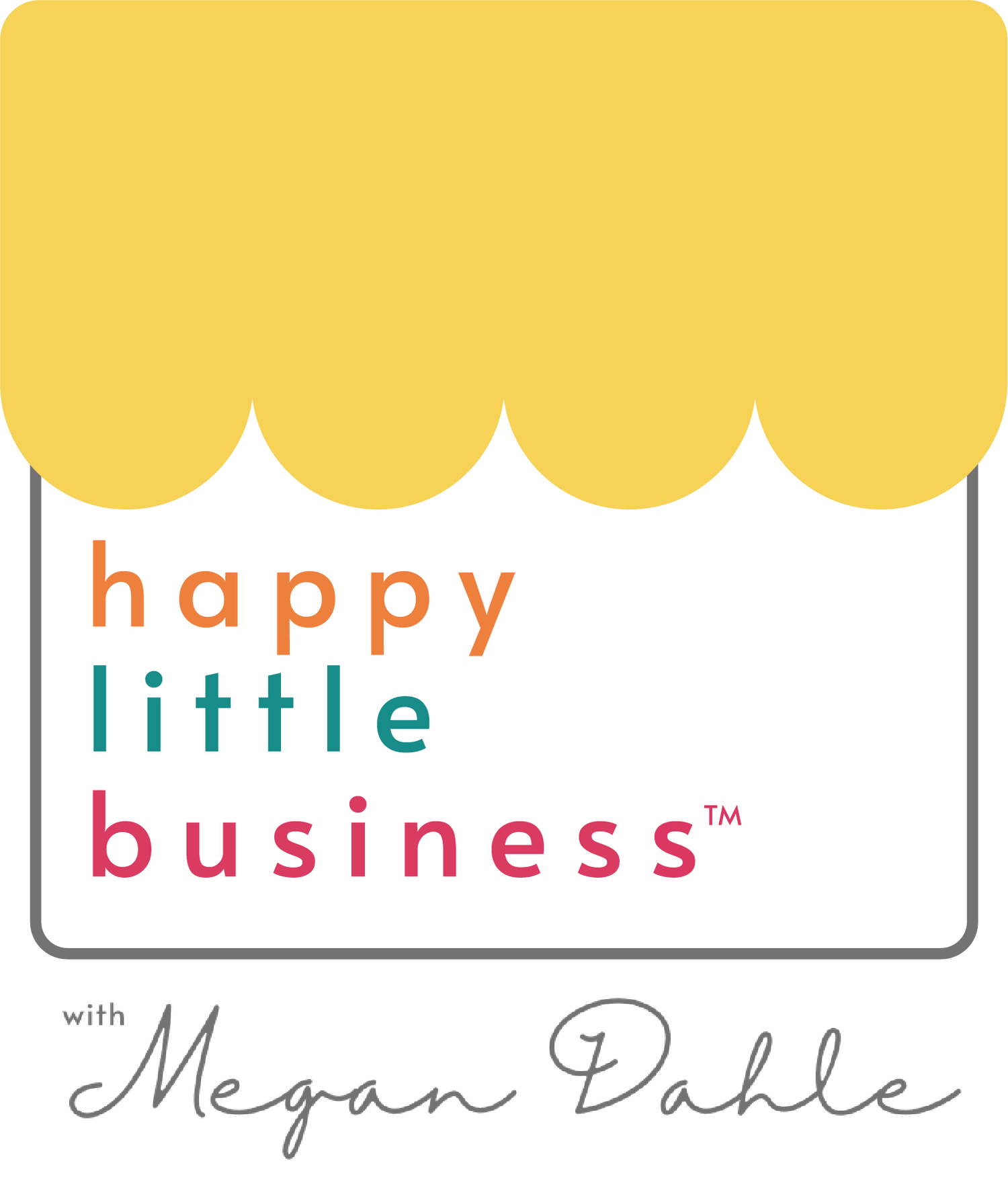Give your money a job.
Your money needs a job.
Even before it ever even hits your bank account, it needs to know what it’s going to be doing.
Will it be used to make more money (aka, invested)?
Will it be used to protect you, your business, your family or employees?
Will it be enjoyed?
There is a reason I very rarely have cash on me. Maybe it walks itself out of my wallet in the dead of night or maybe it evaporates into thin air, but it seems to disappear much quicker when it’s just extra cash in my pocket.
The easiest way I’ve found to spend wisely is to give my money a job before it’s even in my bank account.
Your money needs a job. And when it has a job assigned to it, the job gets done.
If you’ve ever been a parent to a teenager, you know full well that you can’t give them a generic request to “clean the house” on a lazy summer afternoon. No. Instead you have to make specific requests: wash and put away the dishes, vacuum the living room, and change your sheets.
The same is true for the money in your business. Forget the budget, which relies on guesses for both the “money in” and “money out.”
Giving your money a job means that you know how your money is going to serve you. You’ve assigned it a specific task to do. In your head, this money is now “spent” even before it is the luscious, tempting cash sitting in a bank account.
Here’s an example of what that might look like:
You have a design fee coming in for $10,000 for the Carter project. And you know that you will be paying your design assistant about $2,400 of that for their work on the project. What about the rest?
Do you know how much you need to run the business? Let’s say it’s $1,000 for the overhead. That leaves us with $6600. You want to pay yourself and your taxes, so we’ll assign $5000 to those jobs. Leaving us with $1600 left over.
Ask yourself what your focus is next. Is it growth? Is it protecting? Is it enjoyment? Is it saving for a down payment on a new space?
It’s okay to divvy it up among different answers, but the point is to make a decision on it NOW, not when it arrives.
Because once it arrives and it doesn’t have a job, the first shiny thing to come across your path is going to win – whether it was a recommendation from a colleague to invest in a networking group (that you otherwise would not have joined) or a reaction to someone else's vacation photos – by NOT giving your money a job, you have allowed the actions of others to make decisions for you.
Giving your money a job is pretty fun. I started doing it after I had made a twenty-tab “If I Win the Lottery” Excel sheet and wanted to plan out what I would do with the winnings.
Try it. Take a look at the funds you have coming in over the next few weeks and decide now what to do with it. Then do it.
You will see how the temptation for distractions all but disappears. And it doesn’t feel like budgeting (puke). Let me know how it goes for you.


